This is not the first time the issue of real estate taxation has been considered. The Ministry of Finance also agrees with the proposal to tax people with many properties to avoid speculation and ensure the market develops transparently and stably.
The proposal of the Ministry of Construction was made in the context of real estate and housing prices continuously increasing sharply since the beginning of the year. The research and proposal of tax policies for cases of owning and using many houses and lands aims to limit speculation and buying and selling in a short period of time to make a profit. However, experts say that the second real estate tax needs to be applied to the right people at the right time to achieve positive results.
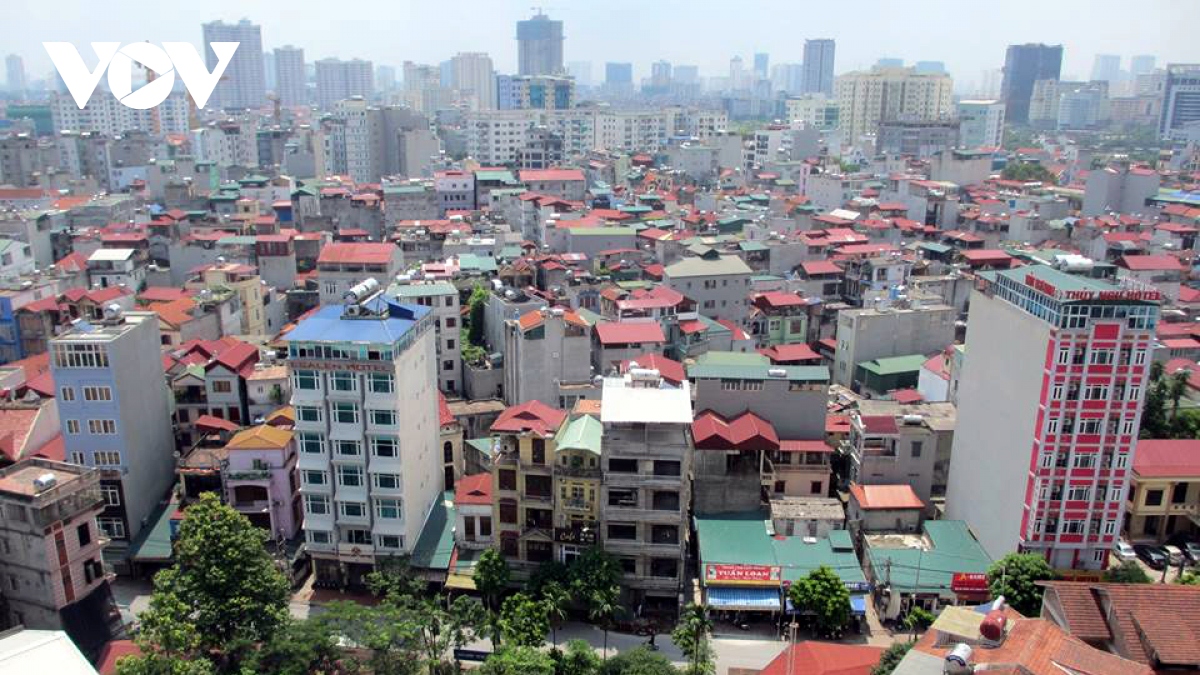
From the perspective of the market research unit, Ms. Cao Thi Thanh Huong - Senior Manager of Savills Research Department said that real estate tax is a financial tool that is often discussed in the legal framework of many countries in the world, especially developing countries; including Vietnam. Currently, real estate owners in Vietnam do not have to pay property tax while the tax and transfer fee framework is among the lowest in the world. Therefore, imposing a second real estate tax is considered a solution to stabilize housing prices.
According to Savills Vietnam Research Department, in large cities such as Ho Chi Minh City and Hanoi, the current housing market lacks affordable supply as the market share of this segment has decreased from 60% in 2016 to only 35% in 2024, and primary apartments under VND2 billion have completely disappeared. “If it is possible to save up to 40% of monthly income, an average-income household will need more than 30 years to be able to buy a house on the condition that house prices do not continue to increase. However, with the continuous increase in the market, this is unrealistic, causing social inequality to increase and potentially creating long-term social insecurity,” Ms. Cao Thi Thanh Huong analyzed.
Faced with the growing need for social housing, people expect a stronger intervention from the State. To meet this need, Ho Chi Minh City has set a target of providing 35,000 social housing units by 2025, while Hanoi is aiming for 8,000 units. Many policies have also been adjusted to create more favorable conditions for the development of social housing; at the same time, considering applying measures such as a second real estate tax to optimize resources and regulate the market.
According to Ms. Huong, in theory, this is an effective tool with three outstanding functions. Real estate tax helps increase budget revenue for reinvestment and social security while being able to control national resources by increasing financial obligations for high-income households that are using a lot of resources (houses - land). Compared to other major taxes such as corporate tax, the taxable entity here is real estate, making it difficult for individuals to evade taxes. Real estate tax also does not need to compete or be limited by international agreements, so it is easier for management agencies to plan expected budget revenue.
However, to implement property tax, the cost of investing in technical infrastructure, tax calculation tools, especially transparency and digitization of all residential real estate data is the biggest barrier - this expert commented. Because this activity requires large financial resources, determination to the end and long-term coordination between functional ministries. Along with that is the difficulty in determining the exact transaction value, making transactions transparent, as well as ownership rights... Determining a reasonable tax rate is also a problem that needs to be solved to both ensure revenue for the budget and not affect the development of the real estate industry, which is closely linked to many other economic sectors.
Economist Dinh The Hien - Director of the Institute of Informatics and Applied Economics affirmed that this proposal is not new. About 7 years ago, a similar proposal was raised and made people worried, even those who did not own a house. In fact, the tax increase could cause house prices to increase, making it even more difficult for people who already do not have many conditions to access housing, so the general consensus is not unanimous.
"Real estate is a very complicated field, so when taxing, it is necessary to consider it comprehensively and carefully, avoiding imposing taxes that are far from reality, disappointing people and not meeting expectations. The proposal to impose a second real estate tax at the present time not only makes the market lose confidence but can also increase housing prices, causing people to lose the opportunity to access housing," Mr. Hien recommended.
According to Mr. Hien, tax tools have two sides. Depending on each specific market, this tool will have a positive impact or a negative impact on the development of that market. Tax tools should be used to stimulate the market to develop transparently and properly, and should not become a barrier to the development of the real estate market. "Real estate tax is just one of many measures to help the real estate market develop transparently and sustainably. The most optimal measure is to promote the digitization process and build a database of land as well as data on real estate asset values," said Mr. Hien.
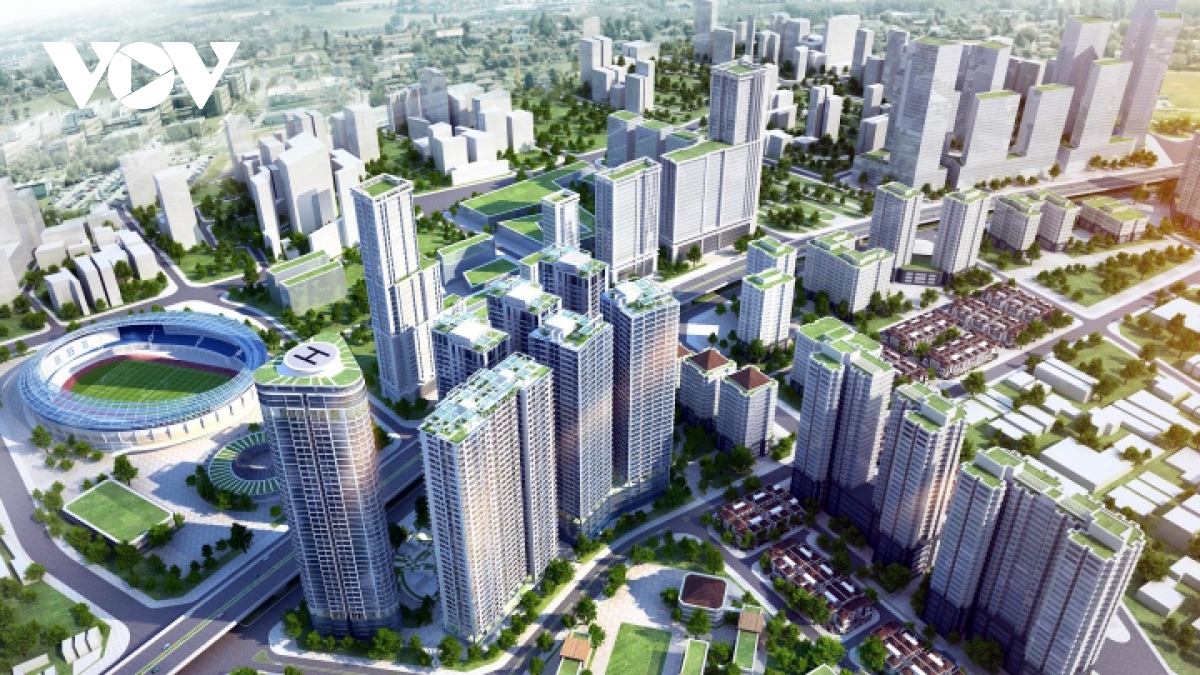
Sharing the same view, Mr. Dang Hung Vo - former Deputy Minister of Natural Resources and Environment also stated that tax is a tool to regulate the market but tax policy needs a specific roadmap that is carefully calculated. It is necessary to build a land management infrastructure, connecting provincial administrative units to clearly track the number of real estates owned by an individual. This is to avoid under-declaration or incorrect declaration to avoid "tax evasion". Researching how to tax real estate so that there is no "overlapping tax" situation is also a point to note.
Assessing the impact on the market, Mr. Nguyen Quoc Anh - Deputy General Director of Batdongsan.com commented that if real estate tax is imposed at this time, in the short term people may stop trading to monitor market developments. That could create a lull that makes the real estate market stagnant. Real estate tax is an important policy, but the timing of its application needs to ensure sustainable market development for the economy to stabilize. This is also a common recommendation shared by many experts.
Source: https://vov.vn/kinh-te/danh-thue-bat-dong-san-thu-2-can-dung-nguoi-dung-thoi-diem-post1131305.vov






![[Photo] Ministry of Defense sees off relief forces to the airport to Myanmar for mission](https://vstatic.vietnam.vn/vietnam/resource/IMAGE/2025/3/30/245629fab9d644fd909ecd67f1749123)

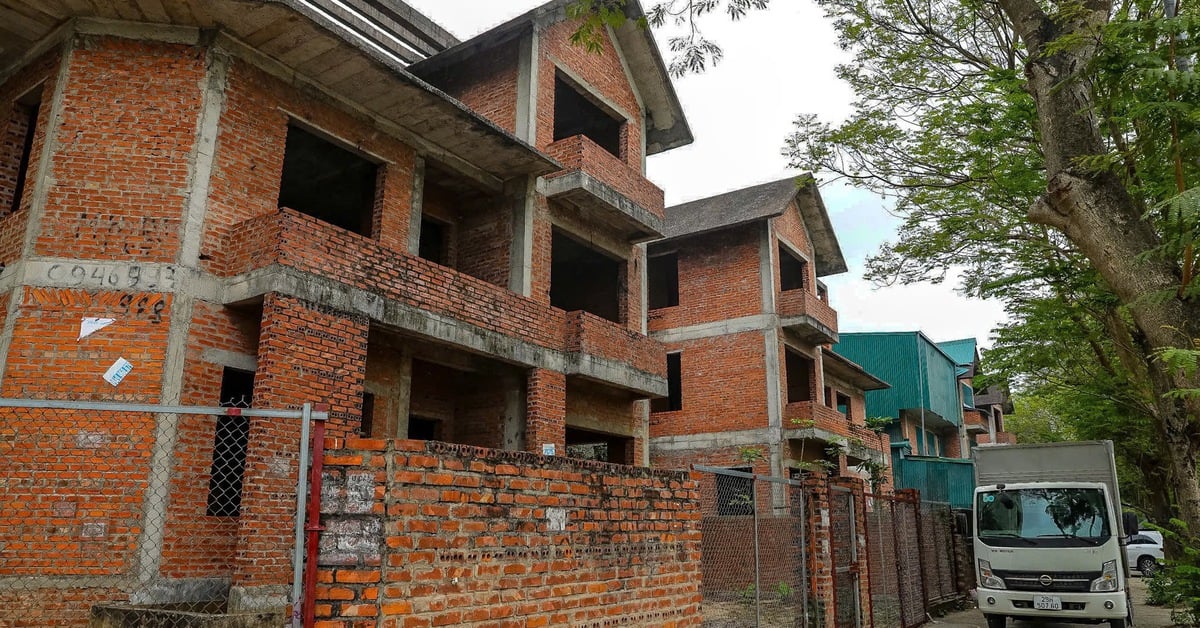

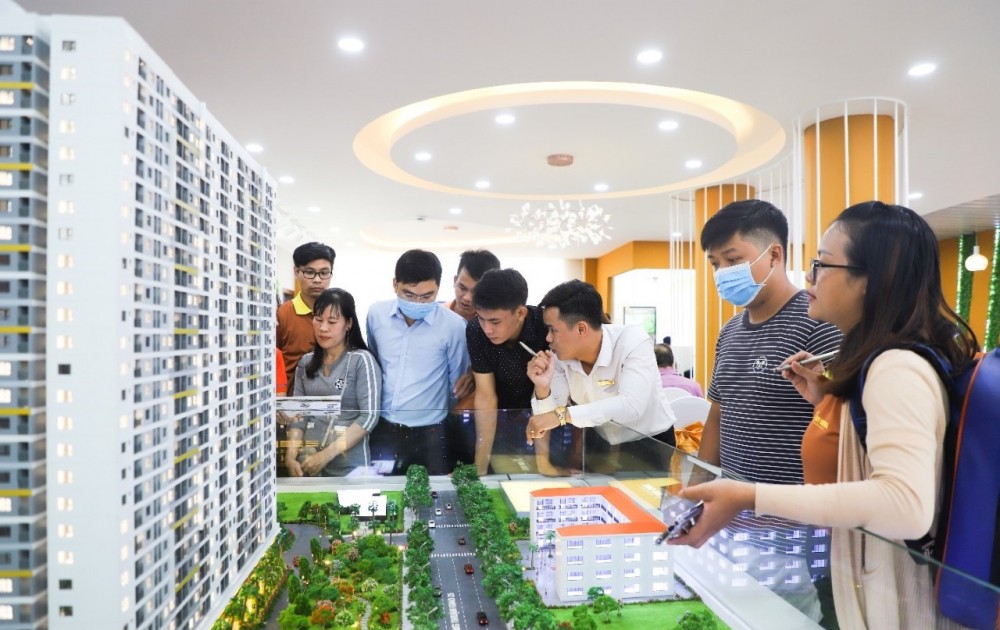

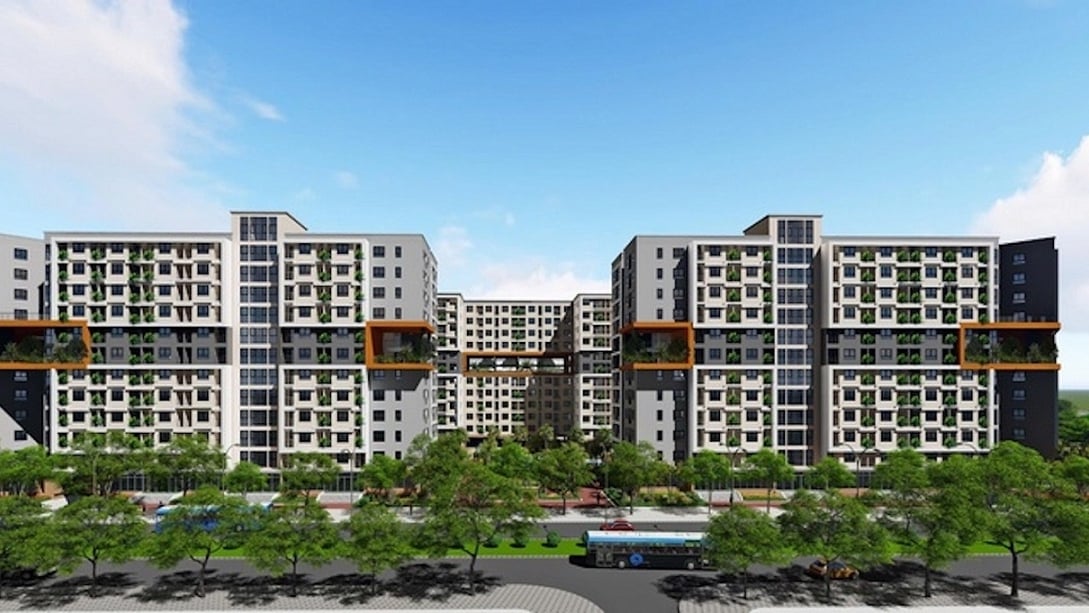



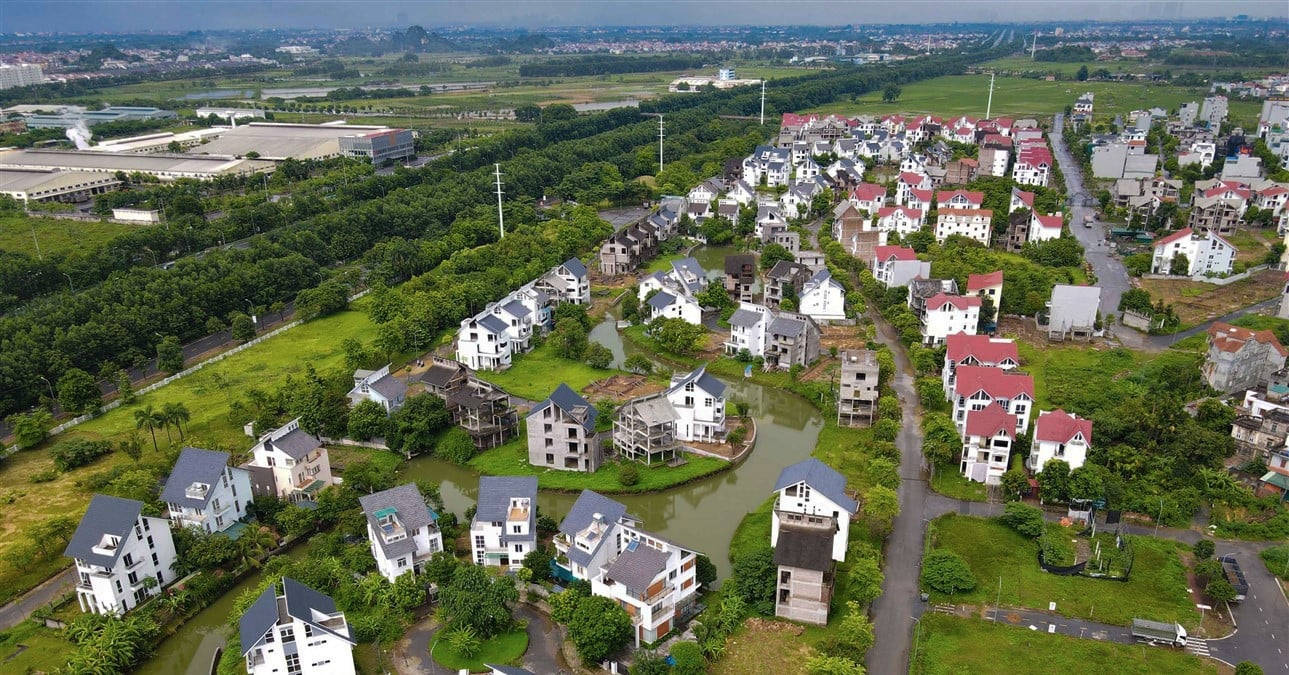




![Bright future of mulberry and silk in the Northern mountainous region: [Article 5] Research on new silkworm breeds](https://vstatic.vietnam.vn/vietnam/resource/IMAGE/2025/3/31/e34f68a2518a40b2a91a8e4261a338c0)

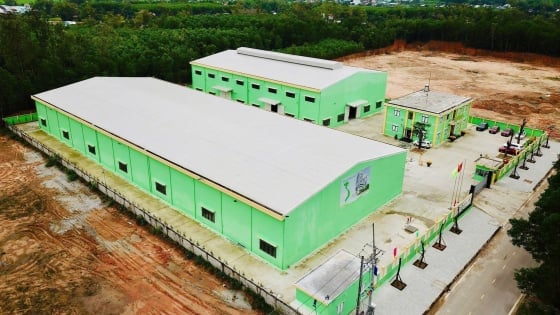





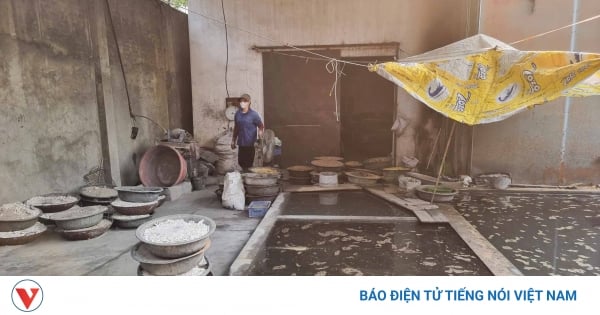
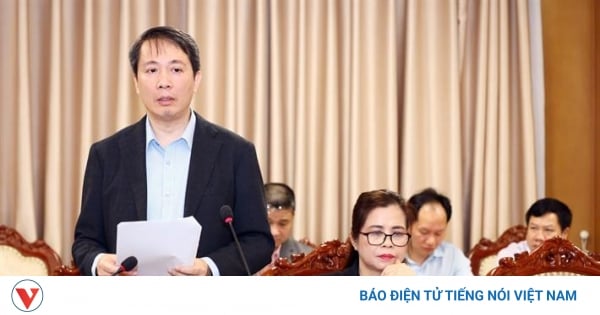




![[Photo] Prime Minister Pham Minh Chinh chairs meeting to remove difficulties for projects](https://vstatic.vietnam.vn/vietnam/resource/IMAGE/2025/3/30/7d354a396d4e4699adc2ccc0d44fbd4f)






































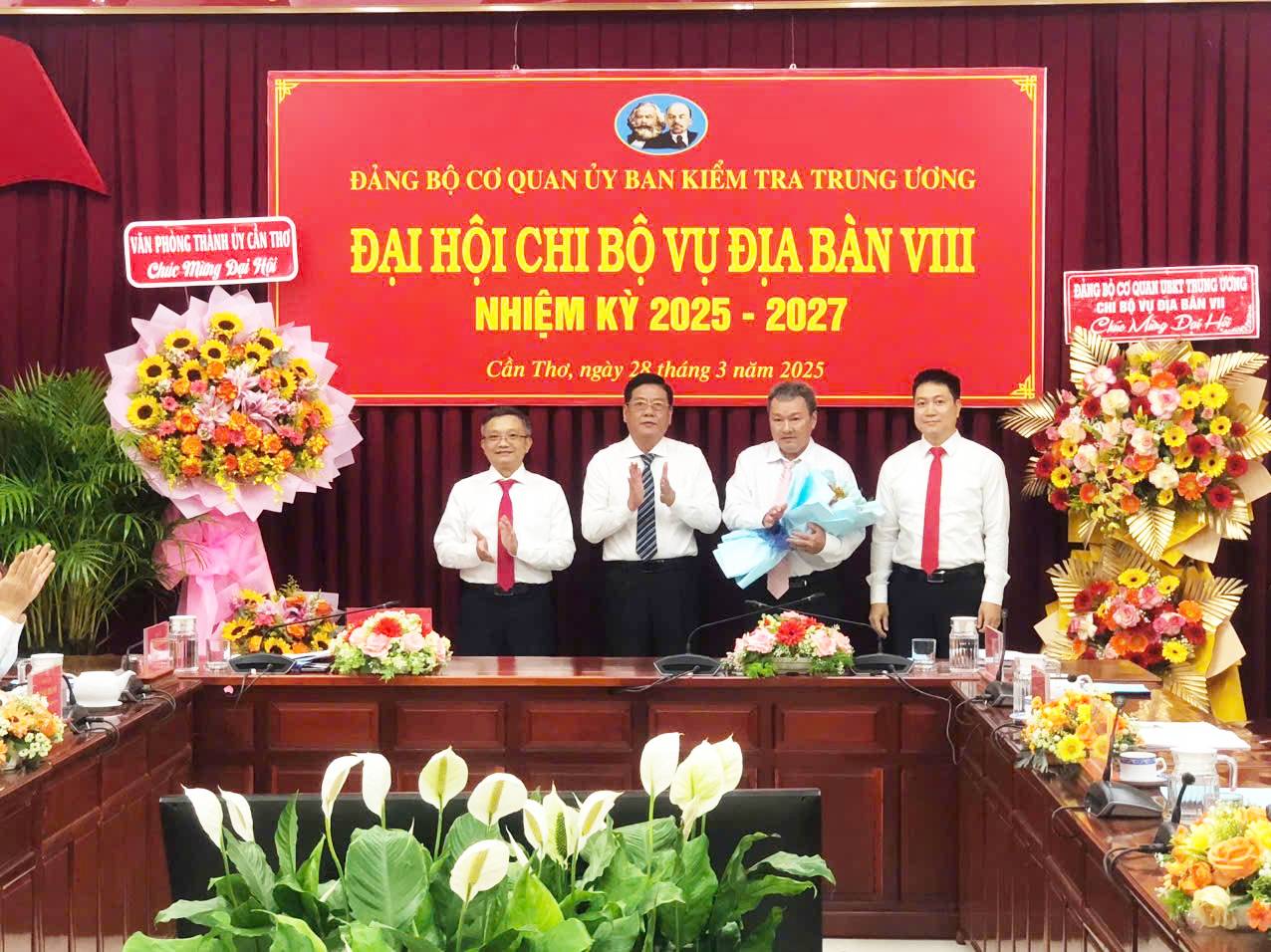





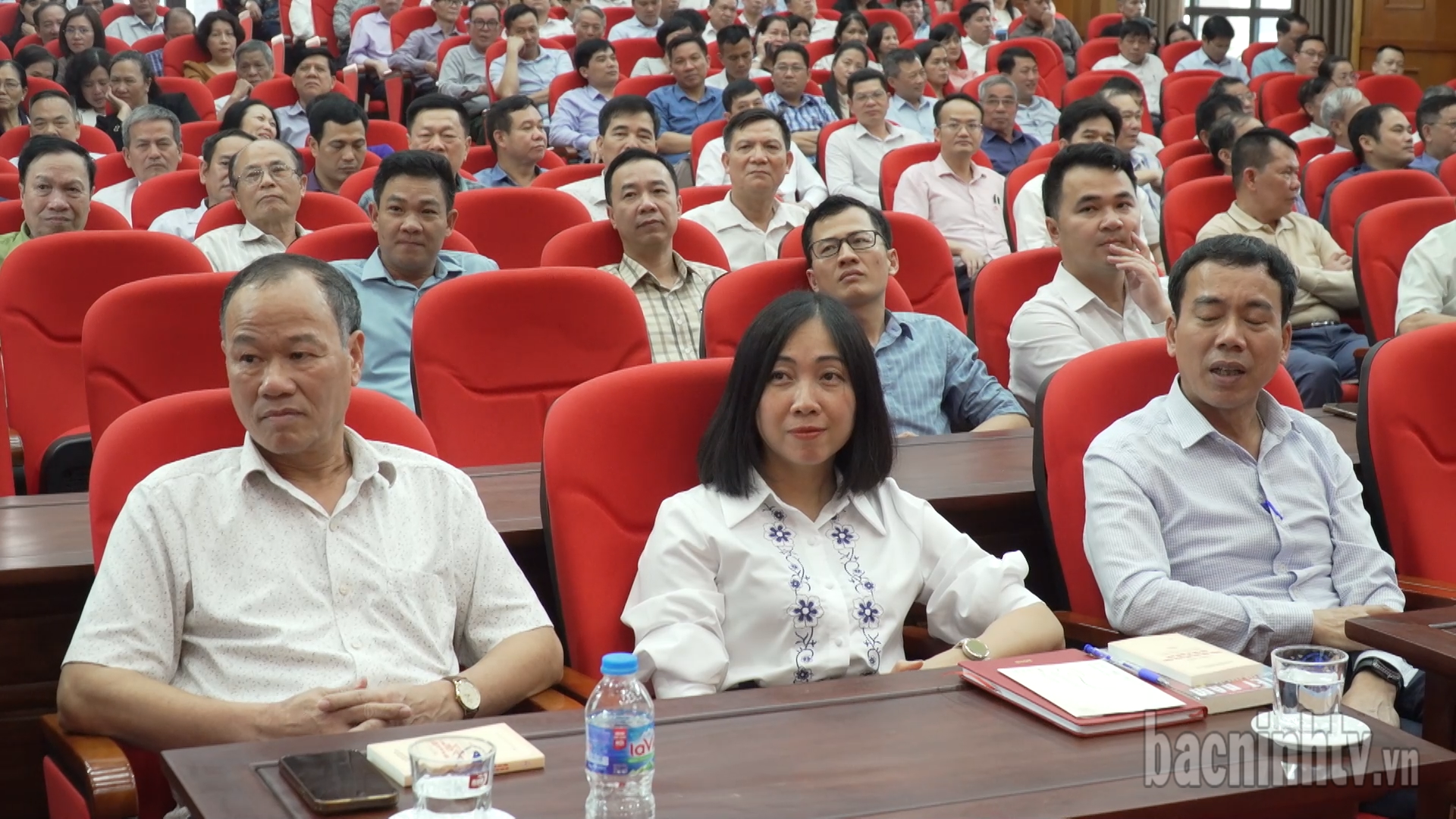

















![[REVIEW OCOP] An Lanh Huong Vet Yen Cat](https://vstatic.vietnam.vn/vietnam/resource/IMAGE/2025/3/27/c25032328e9a47be9991d5be7c0cad8c)



Comment (0)